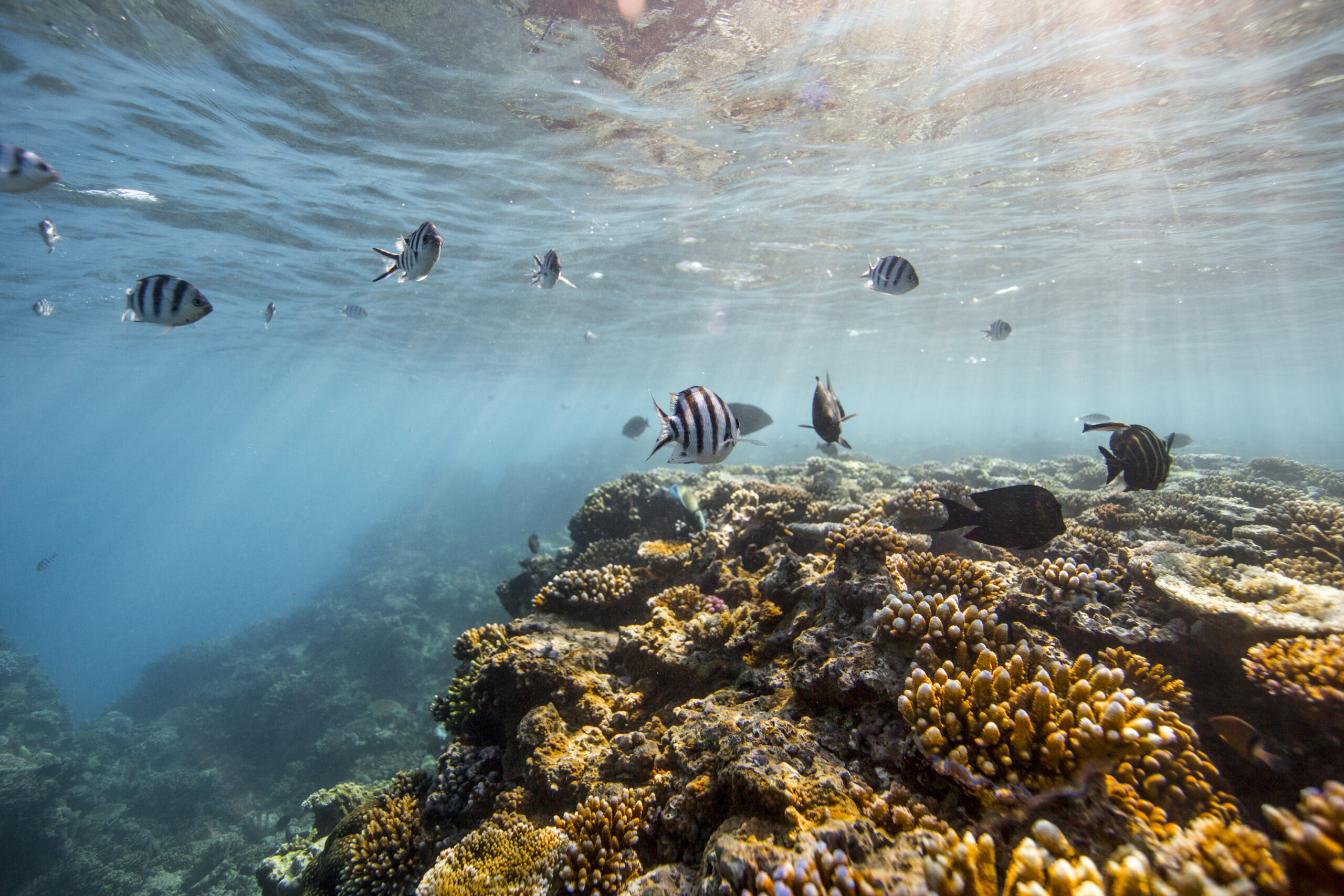Our oceans are teeming with life, from the smallest plankton to the largest whales. Marine ecosystems are some of the most diverse on Earth, yet they are under constant threat from pollution, overfishing, and climate change. This article highlights the importance of marine life and why we must protect our oceans.
1. The Diversity of Marine Life
Oceans cover over 70% of the Earth’s surface and support an incredible range of life forms. From coral reefs, which are home to thousands of species, to the deep sea, where mysterious creatures thrive, the oceans are rich in biodiversity. Marine life plays a crucial role in the health of our planet, regulating the climate and supporting food chains.
2. The Impact of Climate Change on Oceans
Climate change is having a profound effect on the oceans. Rising sea temperatures are leading to coral bleaching, while ocean acidification, caused by excess carbon dioxide, threatens marine species. Changes in water temperature and salinity also affect the migratory patterns of marine animals, disrupting entire ecosystems.
3. The Threat of Overfishing
Overfishing is one of the biggest threats to marine life. As fish populations decrease due to overharvesting, it can lead to the collapse of marine ecosystems. Sustainable fishing practices are necessary to ensure that fish populations remain stable and that marine biodiversity is preserved.
4. Pollution and Its Effects on Marine Ecosystems
Marine pollution, particularly plastic waste, is another significant threat to ocean life. Millions of tons of plastic end up in the oceans every year, harming marine animals and entering the food chain. Reducing plastic use, supporting clean-up efforts, and promoting sustainable waste management are all crucial for protecting marine ecosystems.
5. What Can Be Done to Protect Oceans
There are many ways to protect the oceans, from supporting marine conservation efforts to reducing carbon emissions and plastic use. Governments, businesses, and individuals must all take responsibility for the health of our oceans. The creation of marine protected areas (MPAs) and international agreements on sustainable fishing are important steps in the right direction.
Conclusion:
The oceans are vital to the survival of life on Earth, providing food, oxygen, and regulating the climate. To ensure a sustainable future, we must take action to protect marine life and ecosystems. By making conscious choices and supporting conservation efforts, we can help safeguard our oceans for generations to come.

